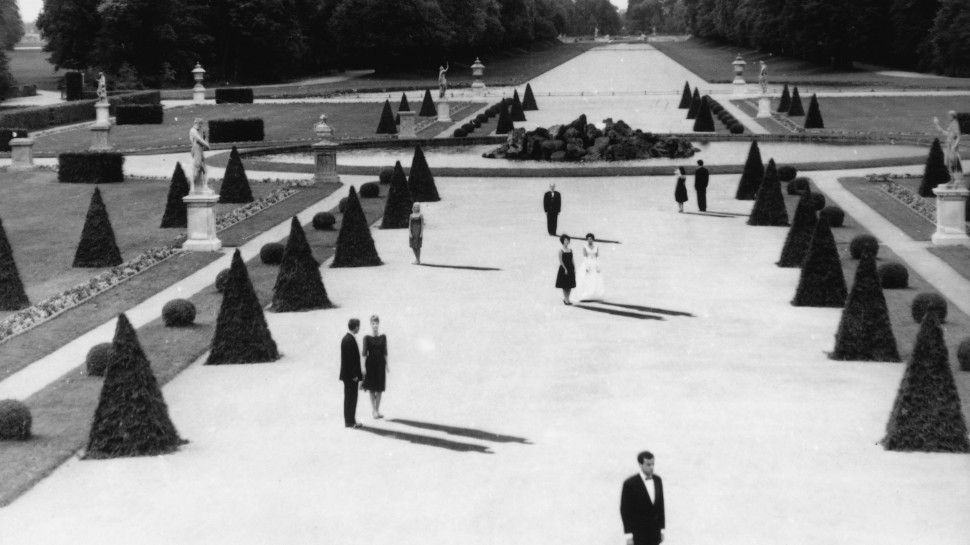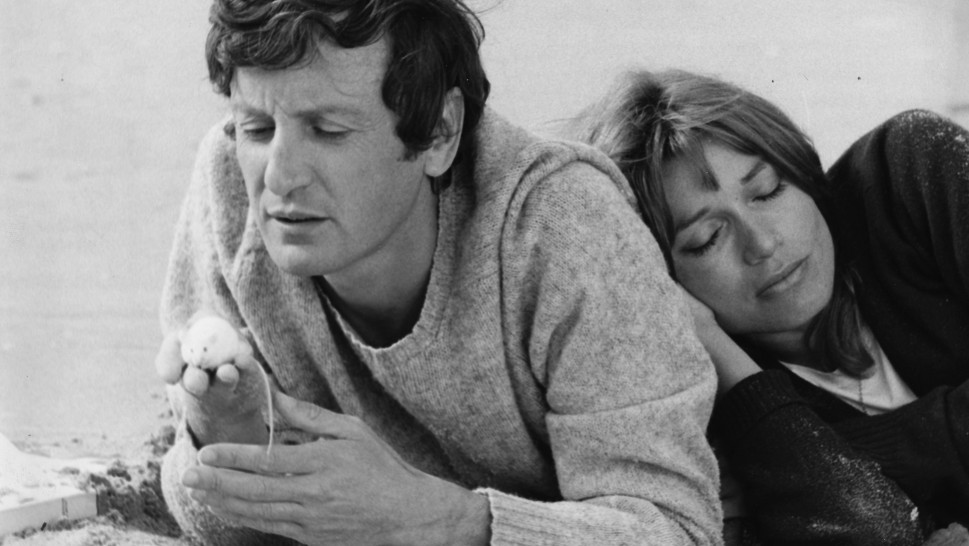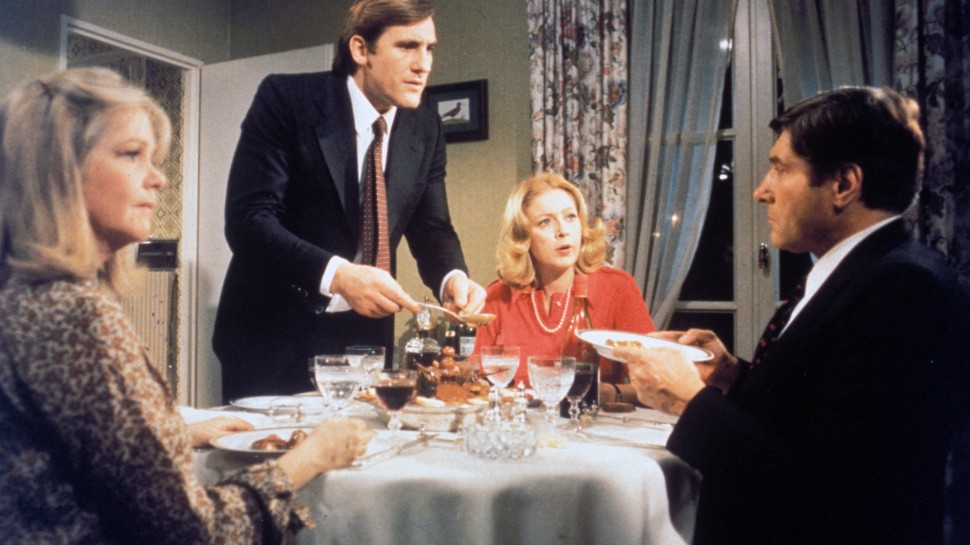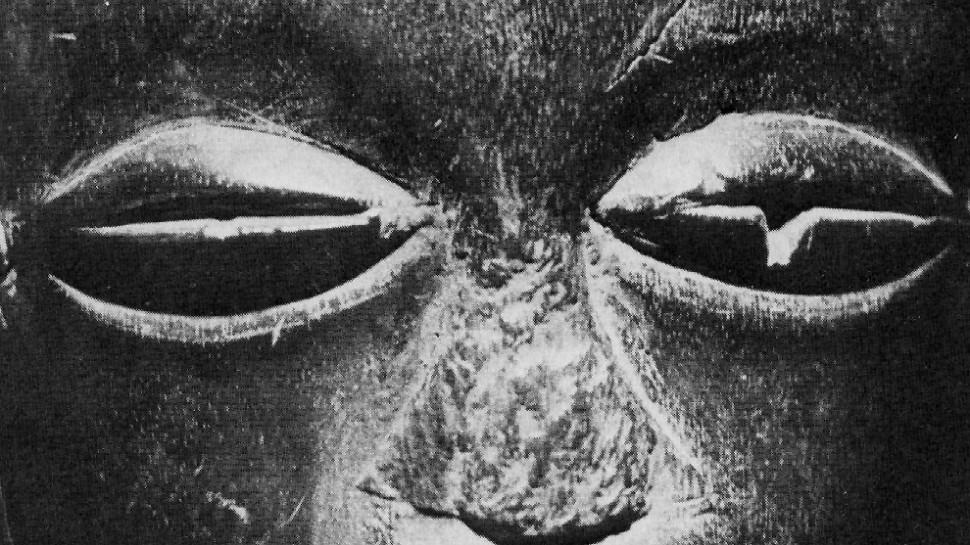



Alain Resnais and the Enigmatic Art of Memory
A legendary – and still incredibly active – figure in French cinema, Alain Resnais (b.1922) has created some of the most important and indelible films of the postwar era. In a career spanning over sixty years, Resnais has exhaustively explored the complex relationships between time and memory, truth and the subjectivity of the human mind. Intellectually rigorous, his films nonetheless remain immensely watchable, buoyed by a lightness of touch and a sheer beauty that effortlessly communicates the dreamlike interior of the mind.
A contemporary of the French New Wave, Resnais’ relationship to that movement was always tangential, with his politically engaged, structurally formalist films standing apart from the looser, more personal early work of Truffaut, et al. Resnais began his film career directing documentaries before transitioning to narrative features with the groundbreaking and controversial Hiroshima mon amour (which sadly remains unavailable for this retrospective due to a long-simmering rights dispute). A long, fecund stage of his career is marked by his collaborations with such avant-garde novelists as Marguerite Duras, Alain Robbe-Grillet and Jorge Semprun and resulted in Resnais’ most celebrated films, including Last Year at Marienbad, Muriel, or the Time of Return, The War is Over and Je t’aime, je t’aime. In recent years, Resnais has embraced his lifelong dream of directing musicals – with the lush, late work Same Old Song openly inspired, for example, by the still neglected work of British writer-director Dennis Potter.
Read the Boston Globe's review of the series here.



















